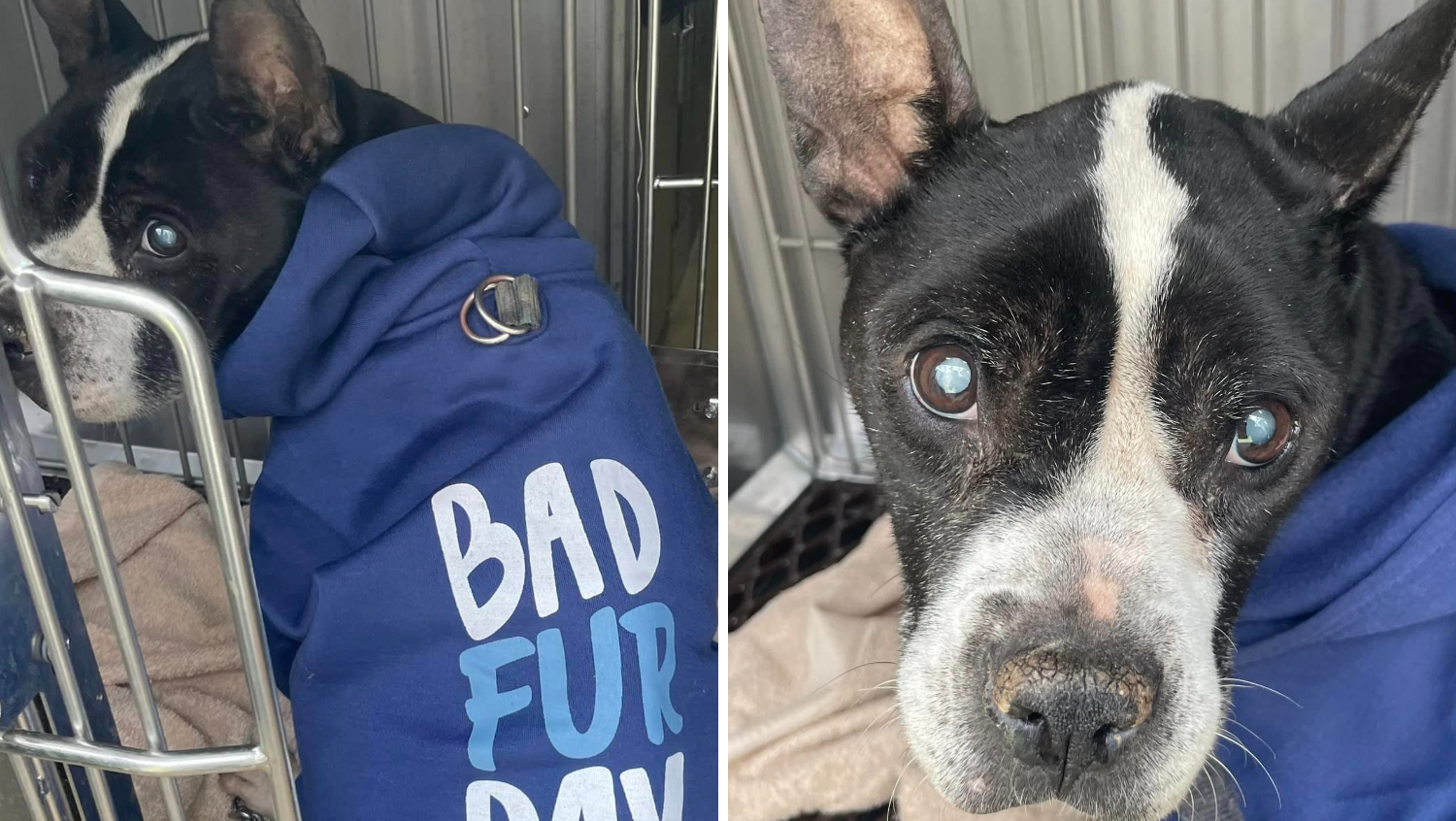As the call for transparency for police departments continues, researcher Ken Barone says Connecticut is one of the few in the country that collects and reports police data for racial disparities.
“We started analyzing data in 2015. We’ve done five statewide reports and in those five years we’ve identified 32 of our 107 police departments that had issues that we felt needed to be investigated further,” Barone said.
Barone uses traffic stop data as his measuring point because that is the interaction the public is most likely to have with police. He found the departments that showed disparities disproportionally stopped black and brown drivers during daytime hours. He says it accounts for the racial make-up of the surrounding cities and driving population.
“They’re more likely to have their vehicle searched but less likely to have anything illegal in their cars when it is searched,” Barone said.
Barone says the first few years the data was collected, between eight and 10 police departments showed statistically significant racial or ethnic disparities when it came to traffic stops but Barone says that number has since declined.
“We’re making progress but we need to be cautious of that,” Barone said.
“Peer reviews have been done, refinements to the process have been done,” Groton Police Chief L.J. Fusaro said.
Fusaro sits on the Connecticut Racial Profiling Project’s Advisory Board as a representative of the Connecticut Police Chief’s Association. He says the data has since helped shape police training
“Our officers are taking the stuff seriously. Our officers are proud of the uniforms they wear on the jobs and they do understand they’re public servants,” Fusaro said.
Barone says Connecticut passed a law for the first time last legislative session that requires police departments collect and report incidents of use of force.
He says the timely data will be released in the coming months.



